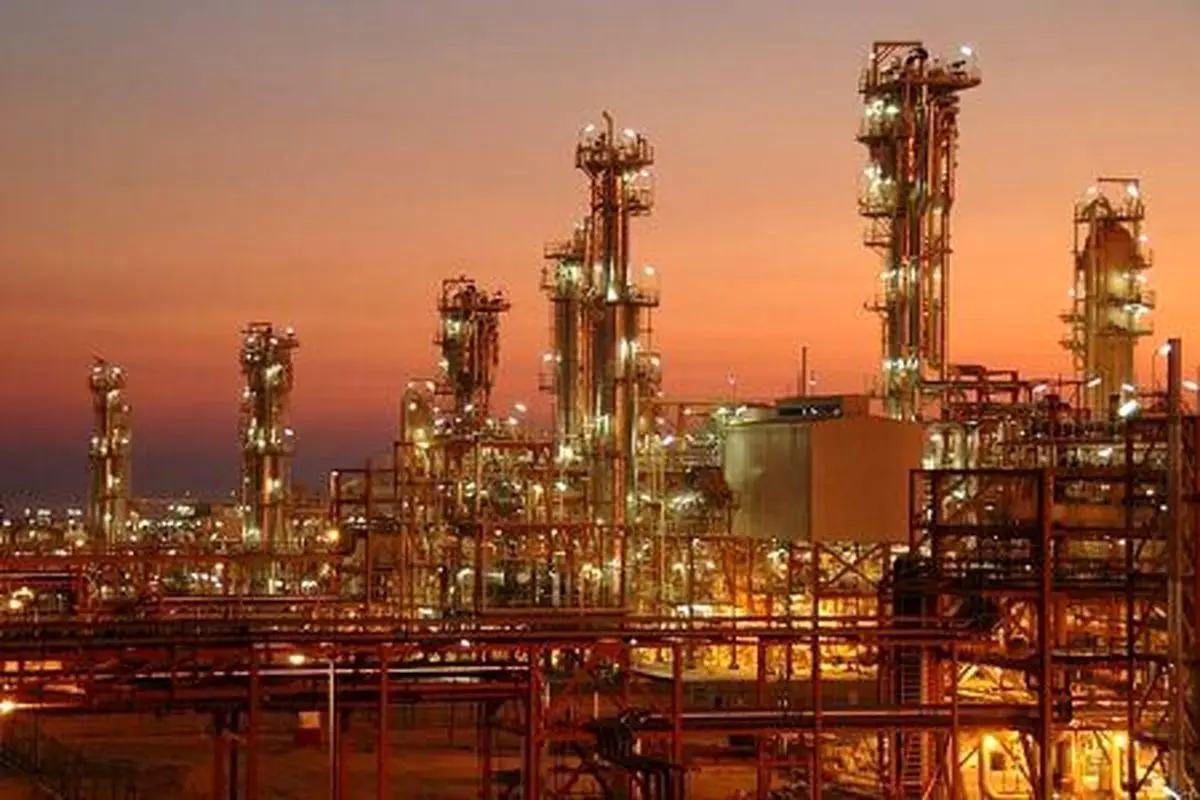South Pars zero flaring due in 2020

The director of supervision on production at National Iranian Gas Company (NIGC) has said that associated petroleum gas flares at South Pars gas field would have been extinguished by March 2020.
'One of our main jobs in gas refining sector in the [calendar] year 1395 (ended on 20 March 2017) was to reduce gas flaring at refineries and extinguish one of flares at the first refinery of South Pars,' the Iran Petroleum Magazine quoted Gholam-Reza Bahman-Nia in its latest issue as saying in a recent gathering in Tehran.
The magazine, affiliated to Iran's Ministry of Petroleum, further quoted Bahman-Nia as saying that the flares had been designed primarily for the instantaneous relief of gasses accumulated at the refinery or letting gas off during operation and overhaul.
'The philosophy has changed to some extent and as new technologies are developed in the world we have sought to move towards reducing gas flares at their start point,' he added.
Bahman-Nia said gas flare reduction did not mean that relief and delivery of excess gas under emergency conditions had declined, adding: 'Since this issue (relief and delivery of excess gas under emergency conditions) will exist in any case, this job is done via extinguished flare which is started with a spark and turned off after the end of work.'
He said that the technology applied to the first refinery of South Pars was meant to reduce excess gases and it worked properly. 'It means that we managed to disengage one of two operating compressors before switching off one of the flares.'
The official added another technology would be used in phases 2, 3 and 12 of South Pars to return excess gas to gas feedstock processing.
Bahman-Nia said the gas used in South Pars under normal conditions would be reused to feed the refinery.
'We expect all flares to be extinguished by March 2020 at the refineries of South Pars after state-of-the-art technologies are coupled with the creativity, initiatives and obligations of Iranian engineers and technicians,' he added.
END
